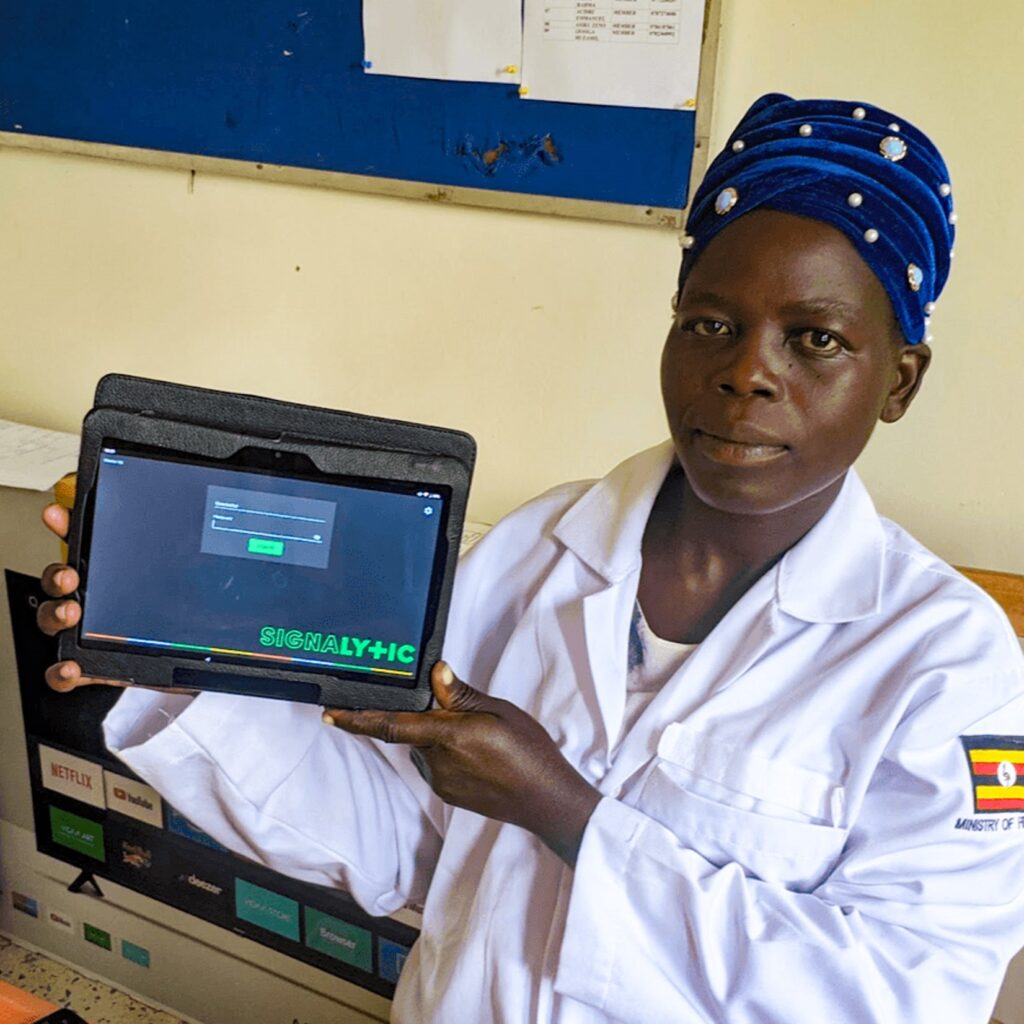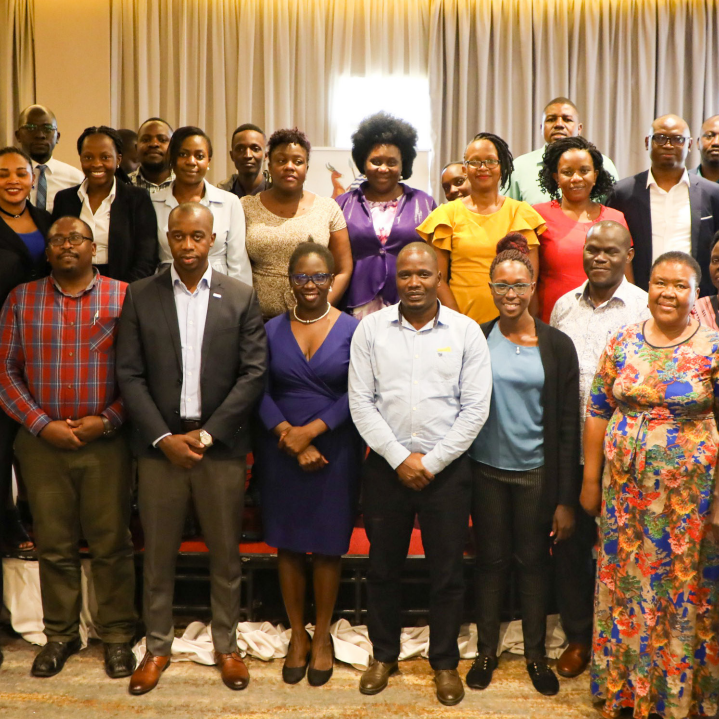Relationship between Role Stressors, Job Tasks and Job Satisfaction among Health Surveillance Assistants in Malawi: A Cross-Sectional Study
Relationship between Role Stressors, Job Tasks and Job Satisfaction among Health Surveillance Assistants in Malawi: A Cross-Sectional Study
Abstract
Objectives
The objective of this study was to investigate the role stressors, sociodemographic characteristics and job tasks of health surveillance assistants (HSAs) and to explore major predictors of role stressors and job satisfaction of HSAs in Malawi.
Setting
Data were collected from health centres and hospitals of three Malawi districts of Mangochi, Lilongwe and Mzimba.
Participants
Respondents were 430 HSAs. 50.20% of them were male, while 49.8% were female.
Design
A cross-sectional study of the observational correlational design was carried out.
Main outcome measures
Respondents perceptions of job tasks, role stressors and job satisfaction.
Results
The key findings of this study were role ambiguity and role overload were significantly negatively related to job satisfaction, while role conflict was insignificantly related to job satisfaction. Additionally, the clinical tasks of the HSAs and some of the sociodemographic variables were associated with the role stressors and job satisfaction of the HSAs in Malawi.
Conclusions
Since the HSAs’ clinical tasks were significantly related to all role stressors, there is need by the government of Malawi to design strategies to control the role stressors to ensure increased job performance and job satisfaction among HSAs. Furthermore, studies may be required in the future to assist government to control role stressors among HSAs in Malawi.


